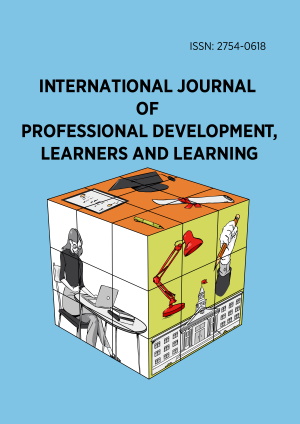Volume 3, Issue 1, July 2021
Research Article
International Journal of Professional Development, Learners and Learning, 3(1), July 2021, ep2105, https://doi.org/10.30935/ijpdll/10880
Research Article
International Journal of Professional Development, Learners and Learning, 3(1), July 2021, ep2106, https://doi.org/10.30935/ijpdll/10881
Research Article
International Journal of Professional Development, Learners and Learning, 3(1), July 2021, ep2107, https://doi.org/10.30935/ijpdll/10956
Research Article
International Journal of Professional Development, Learners and Learning, 3(1), July 2021, ep2108, https://doi.org/10.30935/ijpdll/11093
Research Article
International Journal of Professional Development, Learners and Learning, 3(1), July 2021, ep2109, https://doi.org/10.30935/ijpdll/11290

 The articles published in this journal are licensed under the CC-BY Creative Commons Attribution International License.
The articles published in this journal are licensed under the CC-BY Creative Commons Attribution International License.